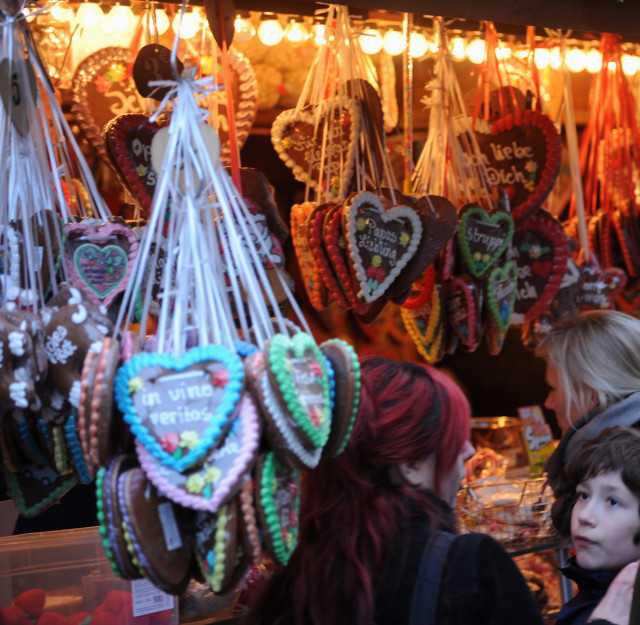FWP:
What layers of implication underlie the pleasure in this light little verse! First of all, we know that if the beloved is in the city, on view to countless others while the lover is not even present, then any pretense of his not caring is absurd. We can see that it's just a piece of bravado when he claims indifference and even claims to find advantage in the situation.
The first evidence-- as if any is needed!-- is provided by 'when we get up'. The lover is naturally devastated, collapsed, unable to move-- so he claims to be lounging, or taking a pleasant nap. 'When' we get up looks like another piece of bravado-- how will the lover's condition possibly improve, in the beloved's absence? There may never be a time when he gets up.
When and if the lover does manage to get up, he will saunter into town and buy another, or a different, 'heart and life' [dil -o-jāñ]. Here again are several fresh layers of implication. Why does he need another 'heart and life'? Obviously, because the beloved's departure for town has destroyed his present one. Why will he expect to find them on sale, presumably cheaply, in the bazar? Naturally, because while she's been in town the beloved has seized and destroyed countless other people's hearts and lives, so the damaged goods will be in ample supply. Why will the lover be willing to buy a damaged heart and life? Because with the beloved in town, no other kind could possibly be available; and also because no other new, amateur lover's heart and life could be as badly destroyed as his own, so he's bound to gain by the exchange. Perhaps there will be dealers buying the used hearts, and conveniently hawking them around the streets.
All these implications, in a witty, insouciant little verse utterly devoid of pathos or self-pity. We laugh at the lover-- and surely the lover is also laughing, ruefully, at himself.
Compare {174,3}, another verse about the advantages of buying cheap replacements from the bazaar.

Nazm:
That is, thanks to you, everybody will be able to buy a heart and life cheaply. (62)
== Nazm page 62